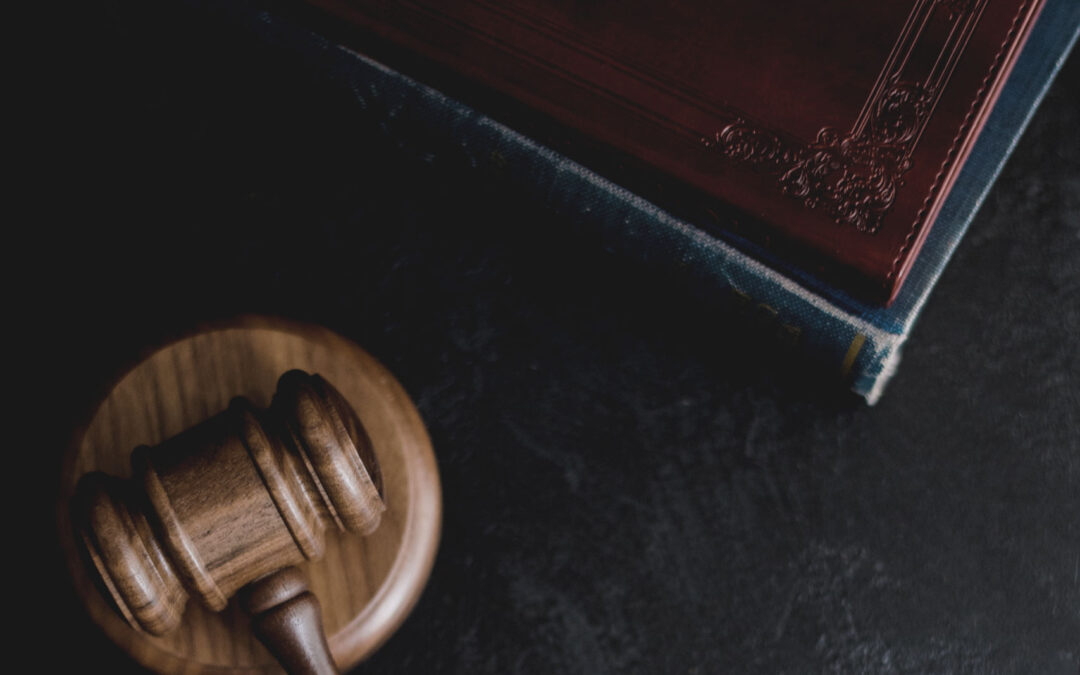Frequently Asked Questions
Q.: Why choose Whitehead Law Group?
Q.: What should I do after an accident?
Q.: How soon after I am injured do I have to file a lawsuit for negligence?
Q.: I’m not sure whether I have a case or not! What should I do?
Q.: What should I bring with me when meeting with a lawyer after my accident?
Q.: What is negligence?
Q.: What are damages in a personal injury claim?
Q.: What types of cases does your law firm handle?
Q.: What are your fees for handling my case?
Q.: Is an attorney necessary?
Q.: What is a homeowner claim?
A.: A person who is a homeowner and has homeowner’s insurance may make a claim with their insurance company in the event the homeowner sustains property damage. Some of the most common homeowner claims are the following: Wind & hail, Fire and lightning damage, Water Damage & Freezing, and all other types of property damage such as roof damage, kitchen damage, bathroom damage and mold. In Florida, The Homeowner Claims Bills of Rights relates to the insurance claims process and outlines your rights and responsibilities as a homeowners insurance policyholder, as outlined in s. 627.7142, Florida Statutes.
“The purpose of the bill of rights is to summarize, in simple, nontechnical terms, existing Florida law regarding the rights of a personal lines residential property insurance policyholder who files a claim of loss. The Homeowner Claims Bill of Rights is specific to the claims process and does not represent all of a policyholder’s rights under Florida law regarding the insurance policy.” Fla. Stat. s. 627.7142.
Whitehead Law Group is well-versed and experienced in the nuances of the homeowner claims process and can navigate your claim to avoid numerous hurdles and potential pitfalls presented in the claims process.
Get In Touch With US
For a free consultation or to contact one of our experienced attorneys call Whitehead Law Group today at 305-444-3886 or fill out our Consultation Form and we’ll be in touch.

Jury To Hear Insurance Dispute Over $95M Fla. Mansion
A Florida federal judge indicated Wednesday she will send a multimillion-dollar dispute between homeowners and American Home Assurance Co. Inc. over a Hurricane Irma damage claim involving a $95 million mansion to a jury and would have to push back a January trial...

Seminole Tribe Must Face Casino Injury Suit, Fla. Court Rules
A Florida appellate court on Wednesday affirmed a trial court's decision to greenlight a slip-and-fall suit against the Seminole Tribe-operated Hard Rock Hotel & Casino, saying the plaintiff filed her second suit after the tribe's one-year immunity period against...


